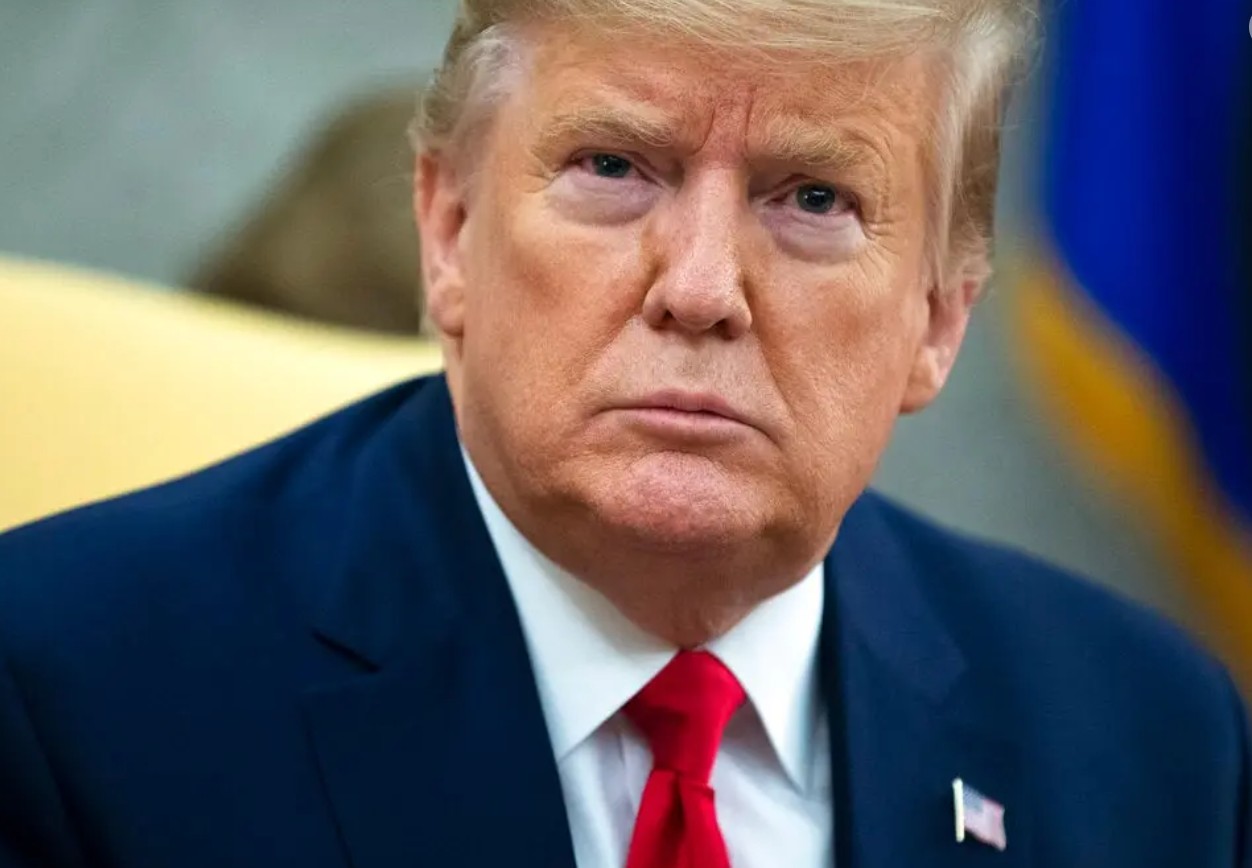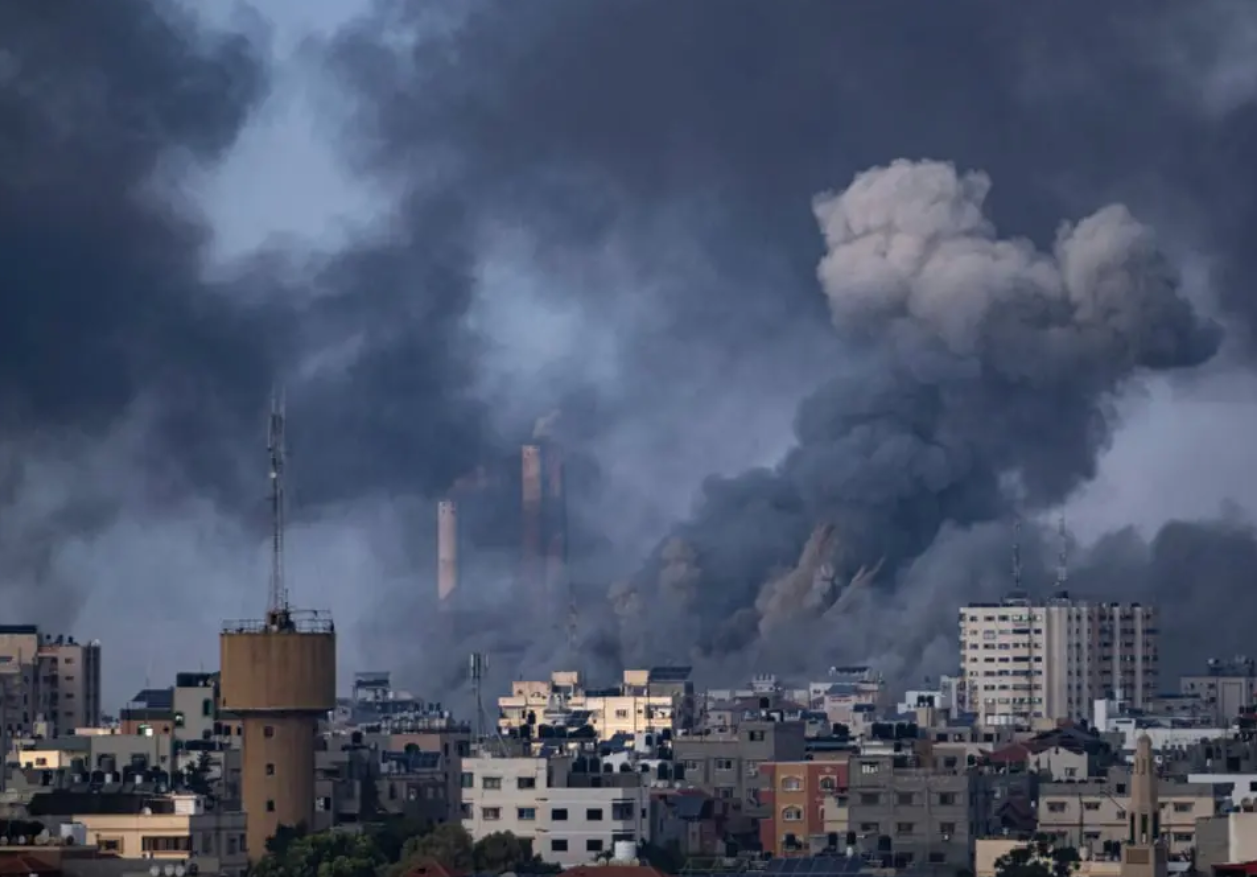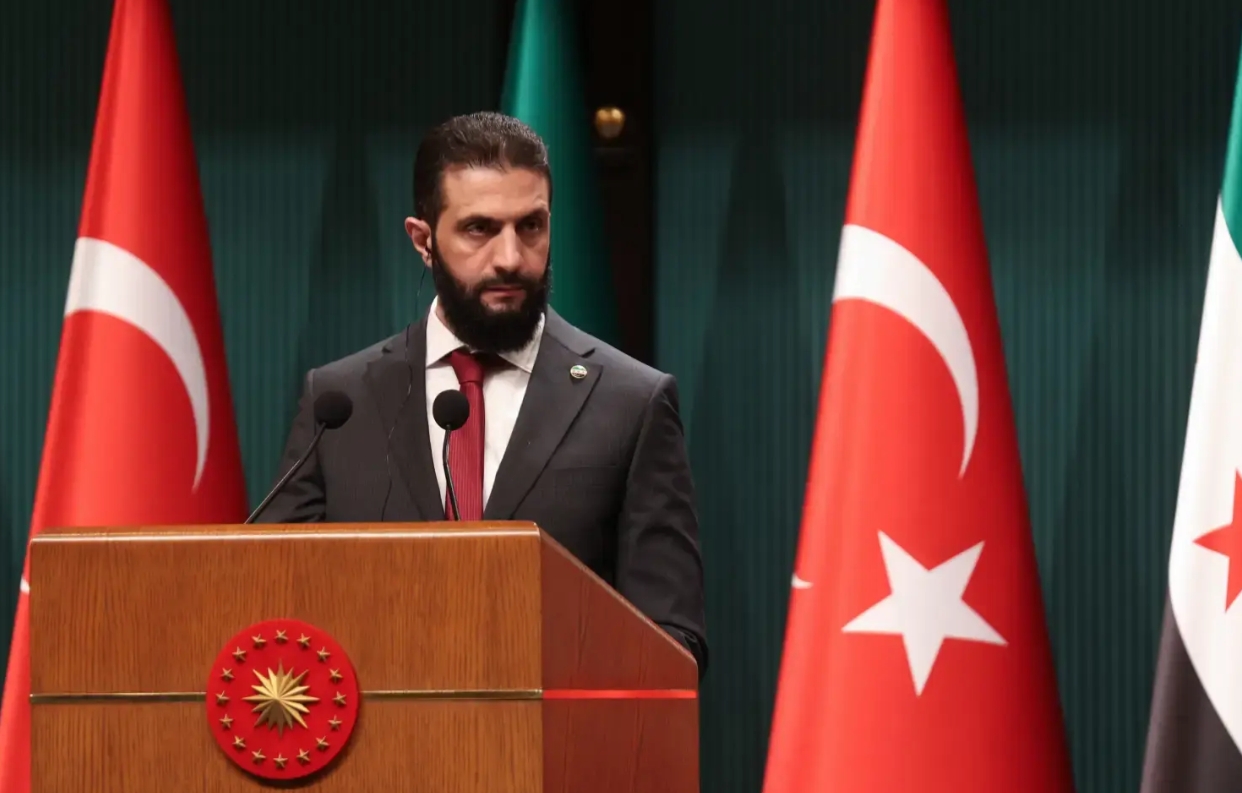
Tensions in the Middle East Rise as the Trump Administration Launches Airstrikes on Houthi Rebels
Ahn Soyeon (SNUAC)
On March 15, U.S. President Donald Trump initiated airstrikes against the Yemeni armed group Houthi rebels, which are reportedly supported by Iran. This action is considered the first major overseas airstrike since the inauguration of Trump’s second term. President Trump explained that the strikes were a response to recent attacks by the Houthi rebels on U.S. warships, commercial vessels, and aircraft in areas such as the Red Sea and Gulf of Aden. Between November 2023 and January of this year, the Houthi rebels aggressively attacked over 100 commercial vessels using missiles and drones, and they claimed that their actions were aimed at ending Israel’s war on Hamas in the Gaza Strip. In contrast, President Trump re-designated the Houthi rebels as a Foreign Terrorist Organization (FTO) in January.
Israel Resumes Airstrikes on Gaza, Ending Ceasefire and Escalating Conflict
Han Saerom(Sookmyung Women’s University)
On March 18, Israel launched a wave of airstrikes across Gaza, ending a tenuous ceasefire in place since January. Overnight bombings killed at least 85 Palestinians, bringing the total death toll to nearly 600 since limited strikes resumed in early March. Israel justified the offensive as necessary to pressure Hamas into releasing hostages and preventing the group from regrouping. However, critics argue that domestic political motives, including challenges faced by Prime Minister Benjamin Netanyahu, also played a role..


Syria, a precarious transition of power marked by violence
Hwang Yuihyun (SNUAC)
The violence caused from the armed clashes between the transitional government force and Assad supporters in the Syrian coastal area on March 6 has spread to civilians, resulting in massive casualties. The clashes began when Assad supporters attacked transitional government forces in the Latakia area on the western coast of Syria, and transitional government forces responded. During this process, armed militants known to be linked to the transitional government raided Alawite villages and indiscriminately massacred civilians. According to human rights groups, approximately 1,000 Alawite civilians were killed over the three days starting on March 6.
Turkey expressed its welcome for the agreement between Syria’s new government and the SDF
Han, Ha-eun (SNUAC)
In February 2025, Syria’s new government announced its goal of establishing a centralized military system by integrating over 60 armed factions, groups, and former Syrian military personnel both domestically and abroad. If the Syrian Democratic Forces (SDF), which controls most of northeastern Syria and is a Kurdish-led military with close ties to the Kurdish militant group PKK (considered a terrorist organization by Ankara), refuses to fully integrate into this new government’s military structure, it was believed that other factions would follow suit. In particular, deep divisions among Islamist factions, including Hayat Tahrir al-Sham (HTS), would make the formation of any agreement even more difficult. However, contrary to these concerns, the Syrian presidential office announced on March 11 that the SDF had signed an agreement to join Syria’s new national institutions.

발행처: 서울대학교 아시아연구소 서아시아센터, HK+메가아시아연구사업단
발행인: 채수홍 편집위원장: 구기연 편집위원: 안소연, 한하은, 황의현
연락처: 02-880-2084, katib@snu.ac.kr
